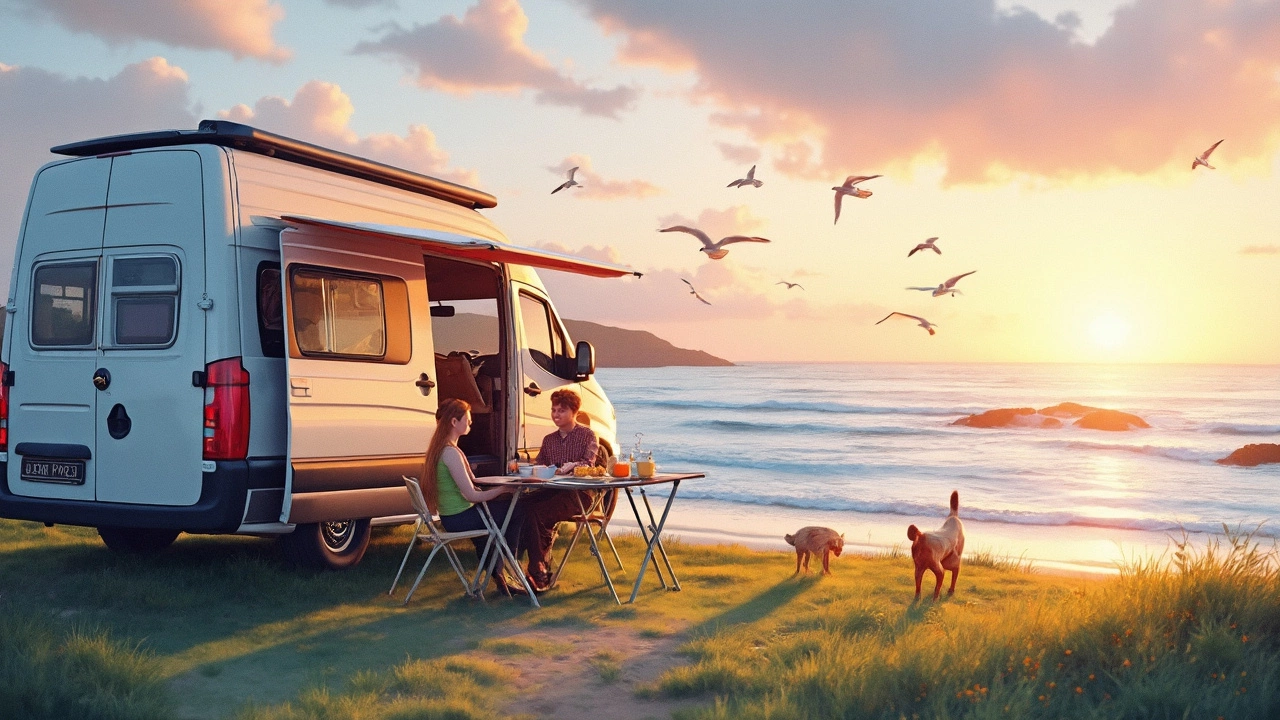Van Life: Practical Tips for UK Motorhome Adventures
Ever wonder why more people are swapping hotels for a van? It’s the freedom to roll wherever you want, sleep under the stars, and save on accommodation. If you’re new to van life or want to sharpen your game, this guide gives you the basics you need to feel confident on the road.
First up, money matters. Full‑time RVing isn’t a free ride, but it can be cheaper than a house if you plan right. Break down your monthly costs – fuel, insurance, campsite fees, and food – then compare them to a rent‑mortgage bill. Aim for a budget that covers everything and still leaves a little for fun. A simple spreadsheet works wonders.
Essential Gear for Van Life
Power is the lifeline of any van. A portable power station gives you lights, phone charging, and a small fridge without hunting for a campsite hook‑up. Look for a model with at least 500 Wh capacity and a pure‑sine wave inverter for safe appliance use. Pair it with a solar panel kit and you’ll stay charged even on remote spots.
Other must‑haves include a compact fridge, a good-quality sleeping pad, and a reliable water filter. Keep a basic tool kit and spare fuses on hand – minor fixes are a lot easier when you’re on the move.
Staying Legal and Safe on UK Roads
The UK has clear rules about motorhome travel. You must be seated with a seatbelt while the vehicle is moving; walking around or using the toilet on the road can bring fines. If you need to use the onboard toilet, stop the van first. Child seats follow the same standards as regular cars, so make sure they’re correctly fitted.
When you’re pulling into a campsite, check the electric hook‑up type. Most UK sites use the 13‑amp plug, but some have the 33/38 rule that dictates which vehicles can use the supply. Knowing this in advance saves you a scramble at check‑in.
Where you park matters too. Wild camping is allowed on most public land in Scotland, but in England and Wales you need the landowner’s permission. Forests and national parks often have specific guidelines – a quick look at the local council website will tell you what’s allowed.
Family trips add a layer of planning. If you’re travelling with a baby, watch the temperature inside the van; below 10 °C can be too cold for a newborn. Pack a warm sleeping bag, insulated mat, and check the van’s heating system before you set off.
Finally, keep a short checklist ready: fuel level, battery charge, water tanks, tyre pressure, and a backup plan for the night. A quick glance each morning lets you spot problems before they ruin the day.
Van life is all about simple living, smart choices, and a dash of adventure. Use these tips, stay legal, and you’ll enjoy the road without worry. Happy travels!
